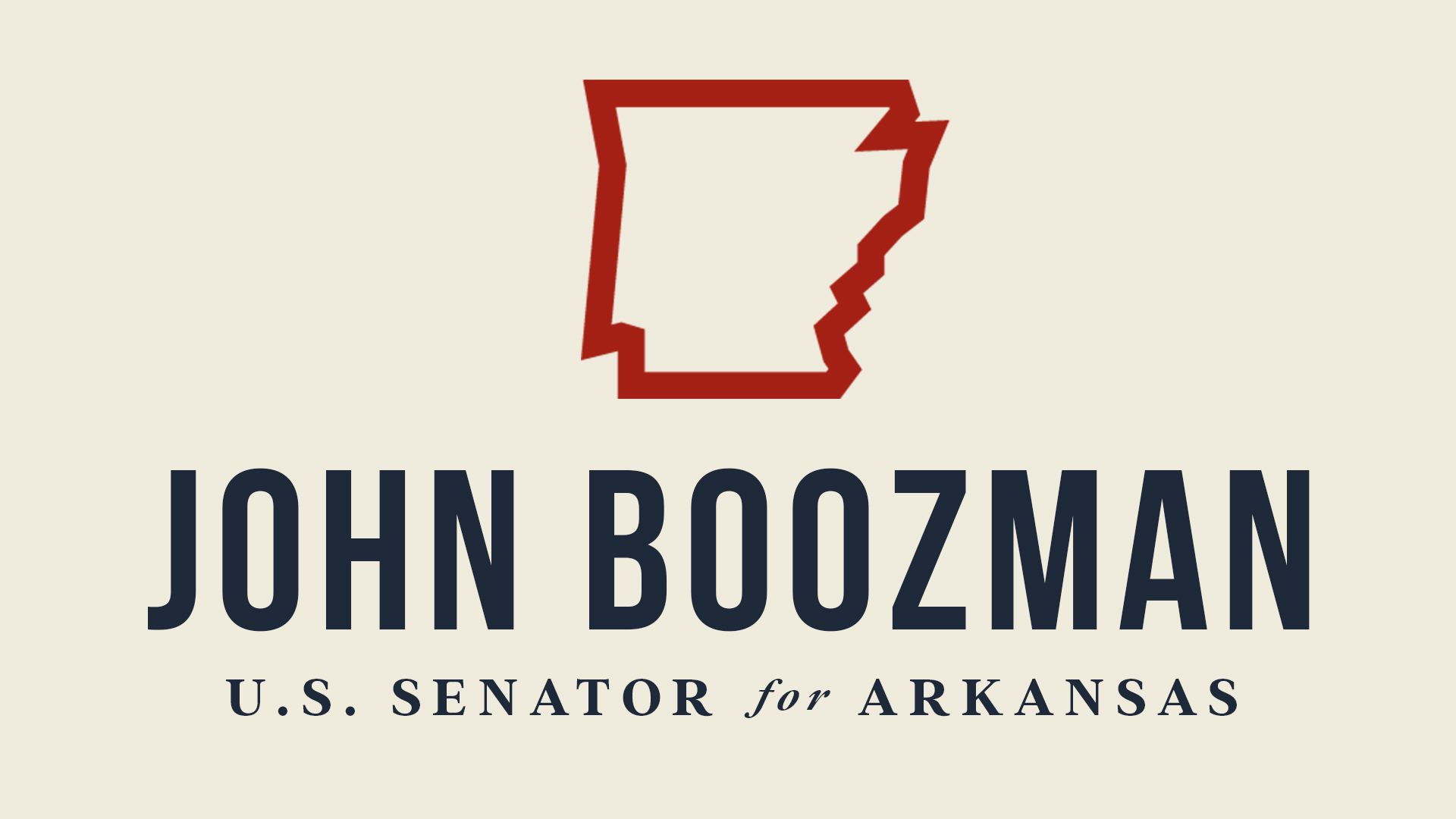Source: United States Senator for Arkansas – John Boozman
WASHINGTON––U.S. Senators John Boozman (R-AR) and Ron Wyden (D-OR) today introduced legislation to improve government services and unlock new research by securely sharing data between federal agencies without sacrificing security or privacy.
The Secure Research Data Network Act would create a free, open-source software data platform to provide approved government researchers with secure access to data held by government agencies, which is currently siloed, blocking research that could support smart, evidence-based policymaking.
“Lack of comprehensive access to data prevents researchers from assembling key findings that can help policymakers solve problems, including those confronting our nation’s veterans who rely on multiple government agencies for records and services. We owe it to them and all Americans to simplify the process and provide secure opportunities to understand and interpret information across platforms. I’m pleased to be working in a bipartisan way on this solution that will help lead to better outcomes,” Boozman said.
“Sharing government data with approved researchers and protecting Americans’ privacy are not mutually exclusive,” Wyden said. “My Secure Research Data Network Act will allow federal agencies to share secure data with approved researchers by using zero-trust encryption technology while protecting the raw data from theft or abuse. Evidence-based data that can save lives and increase equitable access to critical assistance programs should be available to researchers dedicated to solving our country’s most pressing policy issues.”
In its 2017 report, the U.S. Commission on Evidence-Based Policymaking reported 87 percent of agencies surveyed had difficulty accessing the data they need, as it is often held by other agencies or in a form that cannot be easily analyzed. In response to this concern, the Commission recommended the creation of pilots to create secure ways to share data between agencies.
At the same time, a centralized data asset containing reams of linked inter-agency data is an attractive target for hackers and foreign adversaries. To facilitate legitimate data use while minimizing cyber risk, this bill requires the use of zero-trust encryption technology like Secure Multiparty Computation (SMPC), which allow approved researchers to calculate statistics based on encrypted data while protecting the raw data from theft or abuse. Experts agree SMPC technology, developed with support from the National Science Foundation (NSF) and Defense Advanced Research Projects Agency (DARPA), is the best tool for this kind of task.
The bill is also cosponsored by Senators Rob Portman (R-OH) and Kirsten Gillibrand (D-NY) and has support from Data Coalition, Consortium of Social Science Associations, Bipartisan Policy Research Center, MPC Alliance, Institute for Veterans and Military Families, Student Veterans for America, Axciom and Bosch.
The Secure Research Data Network Act would:
- Authorize $100 million for a three-year pilot (which can be extended by two years) of a Secure Research Data Network (SRDN), which will be housed in NSF
- Require the use of SMPC or other equivalent privacy techniques to protect the data used for SRDN projects.
- Establish data quality service and training teams in the SRDN, which will, at no cost to agencies, help them to prepare their data and facilitate agency participation.
- Establish an SRDN advisory board, which will evaluate proposed research projects, with input from the public, before providing researchers access to the SRDN platform.
- Require GAO to evaluate the SRDN pilot at its conclusion and the potential use of the SRDN platform to address other government needs.
